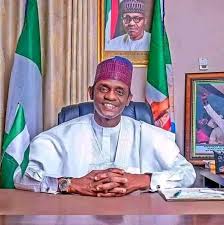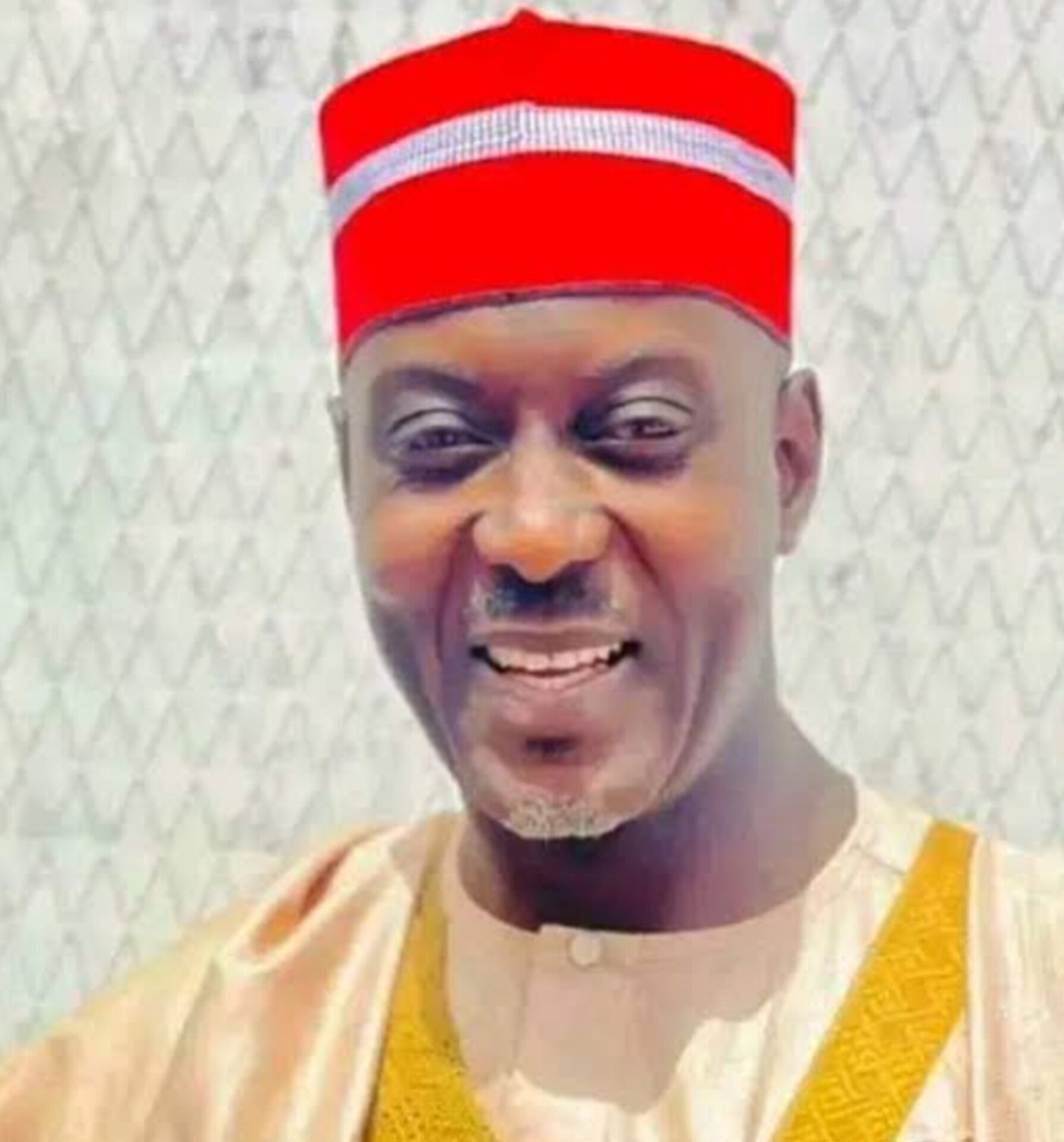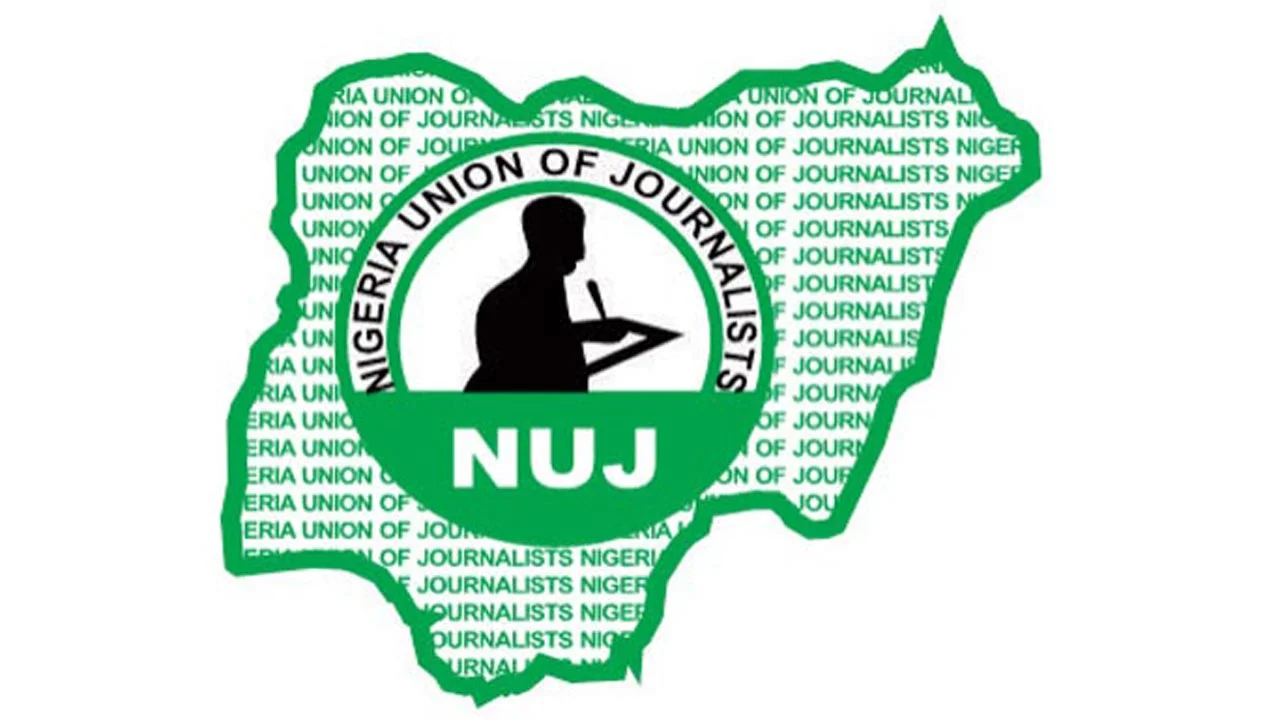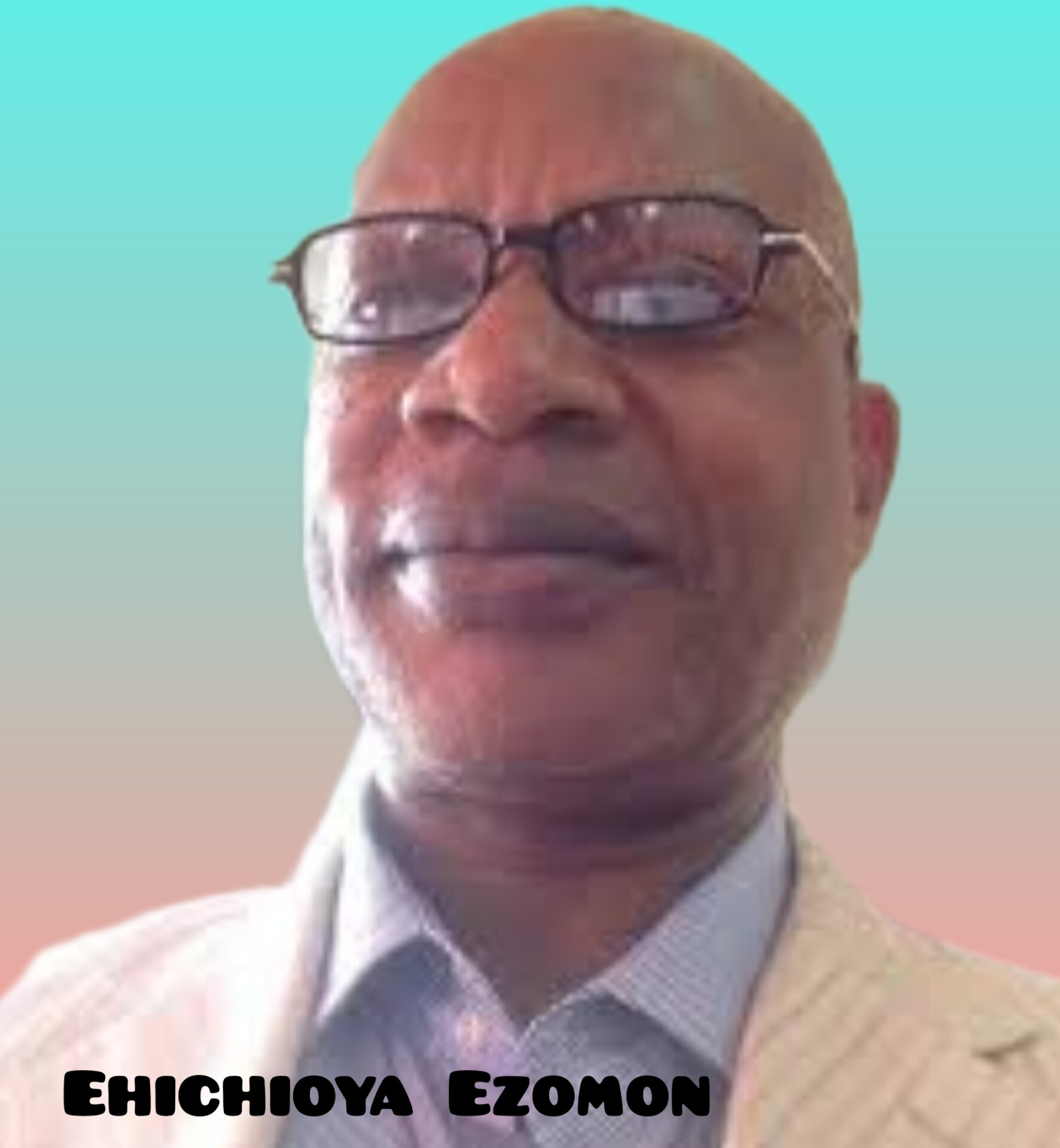The recent development in the ruling APC has been described as a political coup by the contending forces struggling for the soul of the party ahead of its national convention slated for March 26, and other things being equal.
The internal rumbling is expected especially as it relates to who gets what and how in the politics and politicking of the various lords and principalities in the party as the race to 2023 gathers momentum and acceleration.
Early in the week news broke that President Muhammadu Buhari had given order sacking governor Mai Bala Buni, as the national caretaker chairman of the party, and that Niger state governor Abubakar Sani Bello, who is a member of the CECPC take charge as the caretaker chairperson of the party contrary to the the workings of the party, its constitution and leadership.

But in a swift reaction, governor Buni-led CECPC through a statement by the national secretary of the party, Senator James Akpanudoedehe, titled, “Fake news: No Leadership Change in APC CECPC,” dismissed the report as pure fiction, advising the public to ignore it.
The statement reads: ”Our attention has been drawn to sponsored media reports on an imaginary leadership change in the All Progressives Congress (APC) Caretaker/Extraordinary Convention Planning Committee (CECPC).
“The media report is fake news and should be disregarded.
“The APC is a progressive political party guided by rules. Leadership changes are not announced by ‘sources’ through name dropping in the media.
“We urge our teeming supporters, members and indeed the general public to remain calm and support the Governor Mai Mala Buni-led APC CECPC conduct a rancour-free and credible National Convention deserving of our great party.”
- Did Buhari ordered Buni’s removal?
For about 48 hours, the speculation about Buhari’s purported order went viral like whirlwind until Kaduna state governor Nasir El-rufai gave e a voice to it while speaking on Channel’s politics today.
According to El-rufai, governor Mai Mala Buni of Yobe state cannot return as the Chairman of the Caretaker Committee of the party because governor Bello had the backing of President Muhammadu Buhari and 19 governors.
“Buni is gone, the Secretary is gone. Gov. Bello is in charge and he has the backing of President Muhammadu Buhari and 19 governors. Buni can only return as Governor of Yobe but never as chairman of our party.
“President Buhari ordered his removal and this has been implemented. Governor Bello has taken over and things are moving according to plan. Party will be restored, convention will take place as scheduled. 19 governors and their deputies are solidly behind this move.
“Buni and his people got a court order to stop the convention but hid it,” he said.
- No, Buni still our Chairman – Umahi
Countering governor El-rufai, Ebonyi state governor, David Umahi, insisted that the governor Mai Mala Buni, remained the Caretaker Committee chairman of the APC.
Umahi said that there’s no crisis in the APC and tasked party members to dispel the rumours that the ruling party is divided.
He said: “I want to thank the National Chairman of APC. And let me tell you that there is no division in APC. The chairman went on medical leave. And we were there when he asked the governor of Niger State, Mr Bello, to act for him.
“If there will be change, it will be notified. But for now, there is no change, and there is no crack. It is the PDP that is doing everything to destroy this country. But let me tell you, the attention of our party, the APC, has been drawn to all their antics, why they are misleading this country.”
- What the party constitution says
Findings revealed that President Muhammadu Buhari has no power whatsoever to unilaterally sack governor Buni as the caretaker chairman of the party, although the president may influence the sack. Also contrary to governor El-rufai’s “President said claims”, only the NEC that can remove a national chairman and not the Preaident but the fact remains that the party can absolutely remove the President.
According to Article 13.3(v) of the APC constitution 2014, only the NEC of the party can exercise such control and take such disciplinary actions on governor Buni or his committee, if there is any allegation of infraction against him or any other member of the party.
Also, Article 13.2(vi) of the same constitution quoted in the preceding paragraph explicitly emphasizes that it is the same NEC that can appoint Niger state governor and his committee or any other person it may deem fit and assign powers and functions to them accordingly.
An informed party leader had said: “As of now, the NEC decision that appointed Buni and his committee is still binding on all organs and members except the National Convention according to Article 13.3(iii) and it is until the same NEC decides otherwise.
“I will rather ask governor Sani-Bello, governor El-rufai and others to urgently apologise to the Yobe state governor Mala Buni publicly for misleading the public and especially the numerous APC members.”
- Implication of Buni’s removal
Analysts have, however said the ruling APC will be dancing on the brinks unless the APC National Executive Committee (NEC) ratifies governor Bello’s appointment or Mai Mala Buni is allowed back to superintend over its affairs, the ruling party may not have a valid national convention as scheduled.
Section 222 of the 1999 Constitution as amended states that only the national chairmen and national secretaries are recognized when parties are registered.
The Electoral Act has also stated the lines of communication between the parties and INEC.
One of the analysts, Comrade Jide Oluwasegun Ige said: “It does not make any political sense and even for logistical reasons to dismiss Buni and his committee a few days before the convention of the party. It’s a given fact that the committee, no matter whatever intention it may harbour, will always toe the directive of the President because of the way party politics is wired in this clime.”
- Gov. Buni remains CECPC Chairman, APC declares
Meanwhile, governor Abubakar Sani Bello-led CECPC has declared that Yobe state governor Mai Mala Buni remained the Chairman of the Committee.
The new spokesman of the CECPC, Barrister Ismaeel Ahmed, confirmed that Buni did transferred a letter to governor Bello before he embarked on the medical trip.
Ahmed said: “It is pretty simple. I don’t know why this is a complicated issue for a lot of people to understand. Since the inception of this CECPC on June 25 2020, whenever the chairman is not around and Gov. Sani Bello is around, he acts on behalf of the chairman.
“He is our acting chairman and that has always been the case. That has never changed. And now we have a Convention on 26th March, the Chairman wrote a letter for his leave to go for medical treatment. Those are two emergencies. He has a medical emergency that cannot wait for the Convention and we have a Convention that cannot wait for him to be healthy.
“So, one has to leave for the other. The chairman transmitted a letter and Gov. Bello has been acting as appropriate. He is acting with the full authority of the CECPC and with the full authority of the stakeholders a d leaders of the party and with the full consent and knowledge of Gov. Mai Mala Buni. If anybody has any issues with any of our decisions, you can take it to court. For now, we know we are doing it with the full backing if the law. There is no ambiguity in this.”
- As INEC rejects Bello’s invitation to NEC meeting
Confirming the legality of governor Mai Mala Buni-led CECPC, the Independent National Electoral Commission (INEC) has rejected a letter inviting it to an emergency meeting of its National Executive Committee (NEC).
The development implies that the electoral body did not recognize the removal of Gov Mai Mala Buni as chairman of the party’s caretaker committee and his subsequent replacement by Abubakar Sani Bello, governor of Niger state.
INEC’s response, which dated March 9, 2022, signed by the Secretary to the Commission, Rose Oriaran Anthony, was titled, “Re: Invitation to the emergency meeting of the National Executive Committee”, and addressed to the National Chairman, APC CECPC.
The commission drew the attention of the CECPC to the fact that the letter of invitation was not signed by the National Chairman and National Secretary of the CECPC, Buni and Senator John Akpanudoedehe, respectively.
This, it said, was contrary to the provision of Article 1.1.3 of the Commission’s Regulations and Guidelines for Political Party Operations (2018).
INEC also reminded those who wrote and signed the letter of the provision in Section 82(1) of the Electoral Act 2022, “which requires at least 21 days’ notice of any convention, congress, conference, or meeting convened for the purpose of merger and electing members of its executive committees, other governing bodies or nominating candidates for any elective office.”
The commission, therefore, urged APC to note the key issues raised for compliance.
The letter by INEC is considered a big clog in the wheels of a plot by a bloc in the party to stage a coup against Buni, who duly transferred power to Governors Sani Bello of Niger State, to enable him to attend briefly to health issues, according to a leaked letter on Thursday.
Governor Nasir el-Rufai of Kaduna State had indicated on a TV program on Wednesday night that Buni was pushed aside because he was working against holding the APC’s planned National Convention, a claim Buni’s letter, dated February 28, 2022, and addressed to CECPC members, countered.
INEC’s letter read, “Please refer to your letter Ref.APC/NHDQ/INEC/019/022/32, dated 8th March 2022.
“The Commission draws your attention to the fact that the notice for the meeting was not signed by the National Chairman and National Secretary of the CECPC contrary to the provision of the Article 1.1.3 of the Commission’s Regulations and Guidelines for Political Party Operations (2018).
“Furthermore, the APC is reminded of the provision in Section 82(1) of the Electoral Act 2022, which requires at least 21 days’ notice of any convention, congress, conference, or meeting convened for the purpose of ‘merger’ and electing members of its executive committees, other governing bodies or nominating candidates for any elective office.
“While hoping these issues are noted for compliance, please accept the assurance of the Commission’s warm regards.”
Barrister Benjamin Kolowei, is the national coordinator, South-south Emerging Leaders Forum (SELF).




